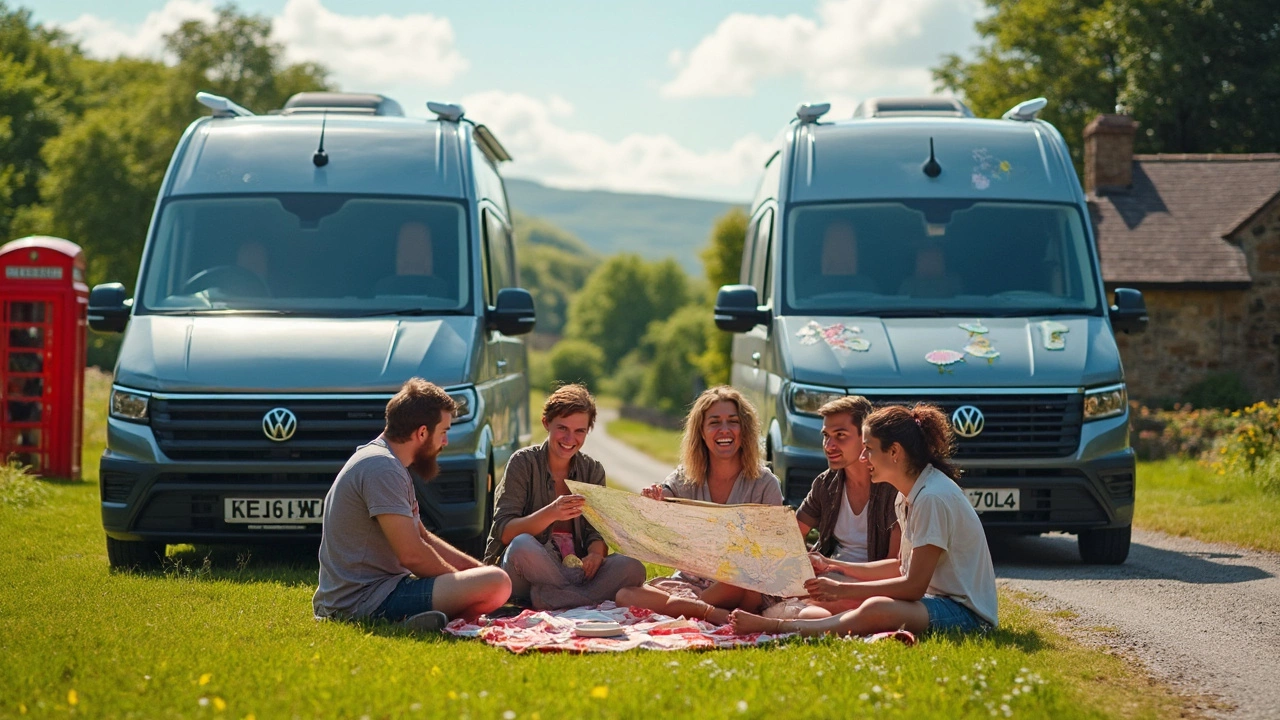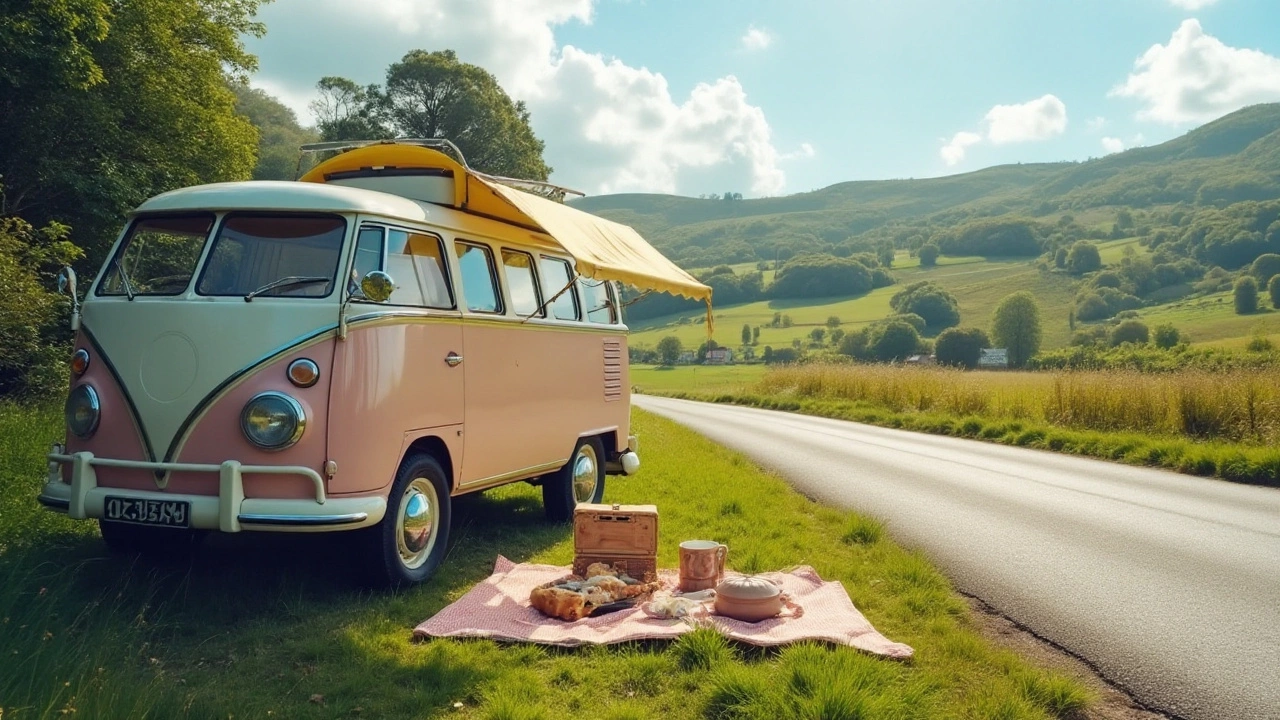Campervan Costs: What You’ll Actually Pay in the UK
If you’re thinking about hiring a campervan for a road trip, the first thing on your mind is probably the price tag. It’s easy to stare at the headline daily rate and assume that’s all you’ll spend, but there are a few extra bits that add up fast. Below you’ll get a clear rundown of the main cost areas, plus tips on how to keep your budget in check.
Rental Rates – The Base Price
Most companies charge a flat daily rate that covers the vehicle, basic insurance and a limited mileage allowance. In the Teesside area you’ll see rates from £80 to £130 per day for a standard two‑bed campervan. Luxury models can push past £200 a day. The price usually drops if you book for a week or longer, so aim for a longer hire whenever possible.
Fuel – The Variable Expense
Campervans aren’t the most fuel‑efficient machines. Expect between 30 and 40 mpg on a mixed‑road trip. At current UK fuel prices (around £1.70 per litre) a 500‑mile journey will cost roughly £100‑£130. To save, drive at steady speeds, avoid heavy acceleration and keep the roof rack clear of extra weight.
Don’t forget mileage limits. Some hire firms include 150 miles per day and charge £0.20 per extra mile. If you plan a long scenic loop, calculate the extra mileage cost early and see if a higher‑mileage package makes sense.
Insurance and Road Tax are usually bundled in the rental price, but check the policy details. Basic cover often excludes personal belongings and may have higher excess. Upgrading to a lower‑excess or fully comprehensive plan can add £10‑£20 per day, but it can save you from a nasty surprise later.
Another hidden cost is the cleaning fee. Many hire firms require a tidy interior on return and charge £30‑£50 if you leave it messy. A quick interior wipe‑down and a rinse of the exterior before dropping the van back can avoid that charge.
When you reach a campsite, you’ll face site fees. Standard pitches with electricity and water run £20‑£35 per night in most UK caravan parks. If you want a premium spot with extra amenities, expect up to £50. Some free wild‑camping spots exist, but they’re limited and often come with restrictions.
If you’re traveling in peak season (summer months), both rental rates and campsite fees can jump 20‑30%. Booking early or traveling in shoulder months (late spring, early autumn) can shave a lot off the total cost.
Don’t overlook extra equipment. Items like a portable toilet, solar panels, or a bike rack are often rented for an extra £5‑£15 per day. Compare whether buying cheap gear outright and using it on future trips is cheaper than renting each time.
Finally, think about food and supplies. Cooking in the campervan saves money compared to eating out. A basic grocery shop for a week for two people can be around £50‑£70, while a few restaurant meals could quickly exceed that.
Putting it all together, a typical 7‑day UK campervan holiday might break down like this:
- Rental (7 days x £100) = £700
- Fuel (500 mi) = £120
- Insurance upgrade = £70
- Campsite fees (7 nights x £30) = £210
- Cleaning & extra gear = £60
- Food = £60
Total ≈ £1,220, or about £175 per day. Adjust any line item to fit your budget, and you’ll have a realistic picture before you hit the road.
Bottom line: the headline rental price is just the start. By planning for fuel, mileage, insurance, campsite fees and extras, you can avoid nasty surprises and enjoy a stress‑free motorhome adventure.
Campervan Hire vs Buy: Which Option Really Makes Sense?
Wondering if you should hire or buy a campervan for your next adventure? This article breaks down the costs, convenience, and hidden hiccups of both options. You’ll find practical advice, real-life scenarios, and tips for making your decision suit your lifestyle and wallet. Find out which choice will lead to fewer regrets and more road trip memories. No fluff—just straight-talking info for anyone considering campervan travel.
The Cost of Renting a VW Campervan for Your Week-Long Adventure
Planning a road trip in a classic VW campervan is an exciting way to explore the open road, but understanding the costs involved is crucial. This article breaks down the expenses associated with hiring a VW campervan for a week. It covers rental fees, hidden costs, and valuable tips to help you budget your adventure. Discover what affects the price and how you can save money while enjoying a unique travel experience.

